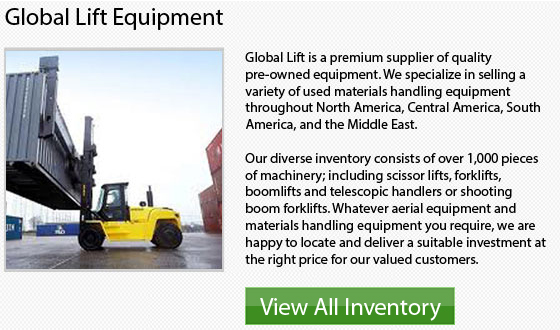
The number of decisions which need to be made when selecting a new or second-hand forklift could really be overwhelming, whether you are thinking of expanding your business fleet of forklifts or if you are beginning with your very first lift truck. There are various options such as electric units, IC or internal combustion engines or the newest hybrid lifts. Taking time to review all your requirements and get what you want out of your machine so as to facilitate unloading and loading applications for your dock or warehouse is really essential.
Of course a huge consideration as with most big purchases is the upfront expense. Be sure to think about the long term expense connected with operating your forklift. For example, keep in mind that your largest expense in this category is going to be the expense to fuel and run your lift truck.
Diesel lift trucks provide some of the cheapest operating and fuel costs amongst internal combustion forklifts on the market. These types of forklifts can out-lift and out-power your average electric forklift without problems.
Like all lift truck varieties, there are many pros and cons associated with diesel lift trucks. The following is a brief guide for purchasing diesel forklift units in order to help you cut through the confusion and help determine the model best for all your needs. If you know about the potential pitfalls, you will be prepared to make an educated purchase.
More than likely the largest benefit enjoyed with diesel forklifts is their low operating expense. Usually, diesel is the cheapest fuel option for internal combustion lifts. Though electric lifts are cheaper in the long run, they don't necessarily work the best for outdoor use.
On the other hand, though diesel lift trucks are great for outdoor applications, they can't be used correctly indoors. The emissions from a diesel model could be dangerous if not correctly ventilated in an indoor warehouse. Moreover, diesel forklifts are significantly louder than their emission-free electric counterparts.